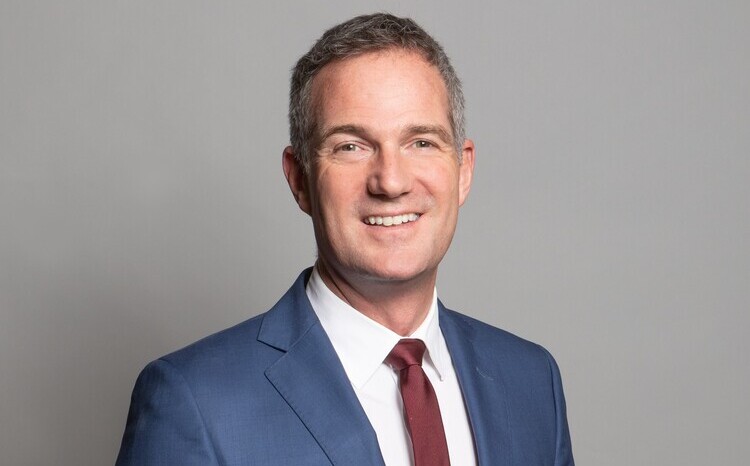Intelligent Ultrasound launch AI software for gestational age estimation
- 9 January 2024

Intelligent Ultrasound has launched ScanNav FetalCheck scanning technology that uses artificial intelligence (AI) for gestational age estimation in prenatal care.
The software aims to enable a non-skilled user to get an accurate gestational age estimate with minimal training and without the need for expensive ultrasound machines.
Currently, accurate determination of gestational age in low- and middle-income countries can be tricky, as trained sonographers are required, as well as access to specialist equipment. Having an estimated gestational age is important to the correct management of pregnancy – both in being able to assess foetal growth and to inform treatment choice in the event of complications.
Aris Papageorghiou, professor of foetal medicine at the University of Oxford said: “Accurate estimation of gestational age is crucial for prenatal care: all aspects depend on knowledge of how far along the pregnancy journey a woman and her foetus are. In many low-income settings this is just not available, chiefly due to unavailability of expensive ultrasound equipment and trained staff. In this project, hand-held ultrasound and AI technology are being paired to overcome these roadblocks – this is disruptive technology that has the potential to allow better pregnancy care for all women.”
Although ScanNav FetalCheck is currently not licensed for clinical use, a leading university in Africa has purchased four ScanNav FetalCheck systems as part of a trial to evaluate biomarkers and other factors that affect the probability of stillbirth.
Nicholas Sleep, COO at Intelligent Ultrasound said: “The use of ScanNav FetalCheck in this first field study is a testament to the ease of use of our new AI software. Our mission is to make ultrasound easier to learn and simpler to use. This is the next step on our journey to achieving this and putting ultrasound into the hands of front-line health practitioners.”
The end of last year saw Intelligent Ultrasound signing a research agreement with the University of Dundee that will initiate proof-of-concept work for AI-based diagnostic tools for liver disease.




